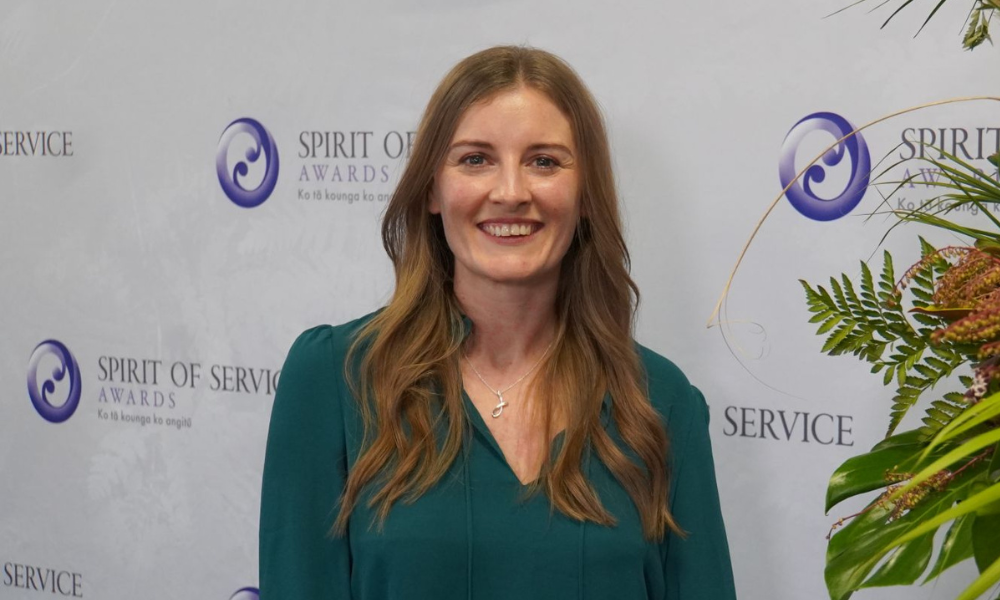
'We have to think differently about how we design work to modernise the way we work and support the wellbeing of our people': CPO

In April, the Australian government amended the Work, Health and Safety laws to include psychological health and safety — but there’s been little talk from the New Zealand government to follow suit despite a range of societal and workplace challenges facing Kiwis.
Nationally, we have some of the highest rates of family violence in the developed world, high drug use that has a much broader impact on families and communities, disproportionate health, well-being and justice outcomes for Māori, high rates of mental illness and a lack of access to support.
“Legislation would help,” said Toni Grimshaw, chief people officer at Crown Law. “But I personally believe that organisations should be fronting this, rather than waiting for legislation to mandate it.”
“We spend so much of our lives at work,” she said. “I have always felt so strongly that employers have a critical role to play to provide a safe and supportive space for employees. This means ensuring employees feel safe and supported to raise concerns.”
Research from Workplace New Zealand (WNZ) suggests that one in every five workers have experienced bullying in the workplace, but organisation reporting rates don’t reflect this. Grimshaw said she’d done a lot of work in this area over the years, and people not feeling safe to report bullying is something that came up time and time again.
“A big issue for me is that, sadly, reporting rates within organisations are much lower than this [research from WNZ]. I know, through my work, that so many people won’t speak up if they do experience inappropriate behaviour, bullying or harassment,” she said.
It’s a trend that was highlighted when Grimshaw led the review of bullying and harassment policies and approach for Te Tāhū o te Ture, the Ministry of Justice, where she quickly realised that a policy in itself wouldn’t be enough.
“It was clear that for many employees there was fear associated with the process — they did not know how to raise concerns or what would happen if they did,” she said. “The organisation’s culture needed to shift to raise awareness of inappropriate behaviours and their impacts and enable people to feel safe and supported to raise concerns.”
What was required were new policies, processes, training, guidance, and an extensive engagement plan. Key to this work was Grimshaw’s introduction of the “Explore Step.”
“The Explore Step provides a safe and confidential space for employees to discuss their concerns, seek support and discuss the resolution options available to them. Resolution options include getting support to raise the concern themselves, asking a manager to raise for them, a facilitated approach or a formal complaint,” she said.
On the back of this work, Grimshaw worked with Crown Law’s chief executive and chief justice to develop a world-first joint policy that includes the Explore Step for dealing with complaints against the judiciary – the joint policy is now being shared with international jurisdictions to support their work to develop such policies.
“The issue with psychosocial, which we need to unpick, is just how broad it is — it basically covers anything that could cause stress,” said Grimshaw.
“We only have to look to Australia to see the changing landscape, with states now updating legislation to strengthen obligations on employers to provide mentally healthy workplaces. This is so broad, it basically states that anything that could cause stress is covered.”
Everything from relationships with colleagues or leaders, workload, job design, tight deadlines, and difficult job content, to bullying and harassment is covered under Australia’s legislation.
“We are going to have to think really differently about how we design work and workplaces to modernise the way we work and support the wellbeing of our people,” she said.
“My big reflections are these changes are going to be forced on us so it’s better to be ahead of them. And, in the current, highly competitive job market, this stuff will set employers apart.”